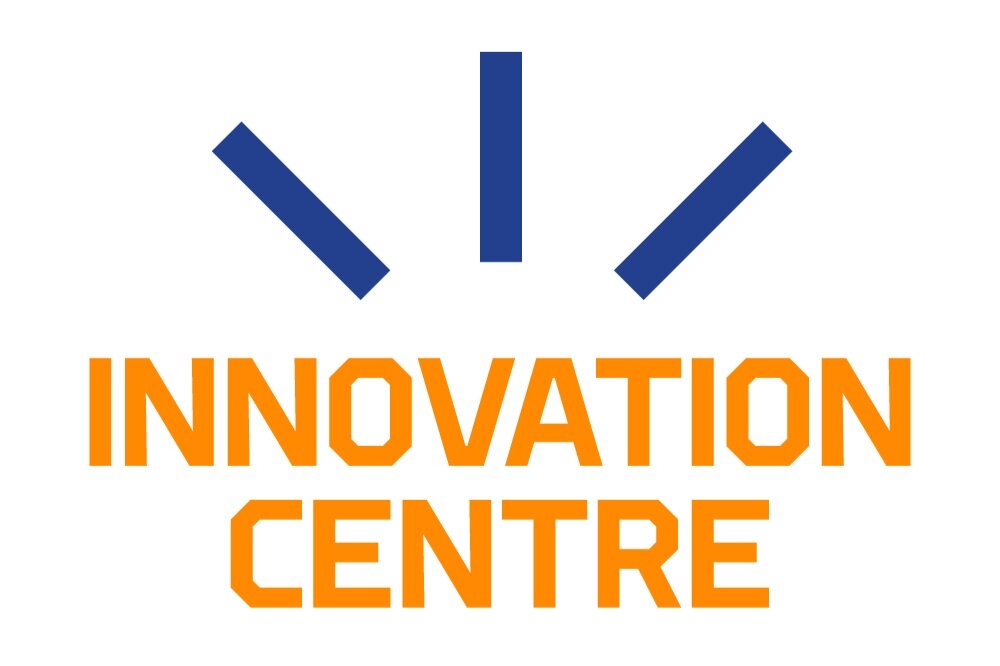Innovation courses offer new career opportunities and skills for working life
Kirjoittanut Vilma Lehto
When you search the University of Oulu study guide with the keyword innov*, you will find nearly 30 courses related to innovation. About a third of these are trainings that are also to be carried out during this academic year 2023–2024. What is taught about innovation? Why is the topic so relevant that it is worth taking courses on?
According to the Research website, strong commitment to research and innovation has made Finland one of the leading knowledge-based economies in the world.. Therefore, it is justified that future innovators and inventors are also trained at the University of Oulu.
Several degree programs include courses focused on innovation. They are often voluntary, but also compulsory in some degree programs. For example, there is a 10-credit Collaborative problem-solving in working life course in the international LET master’s programme (learning education and technology). It works in close cooperation with different organizations and solves some genuine problems that the company has given. The problem is being dismantled using innovation and creative solutions.
Some of the courses are more suitable for students from different fields. For example, the Biochemical and biomedical innovation course can be chosen by students in areas such as biochemistry, biomedical and medical engineering. The course can also be completed by postgraduate students.
Learning the basic knowledge and skills
Maarit Jokela, who works as an Innovation Agent at the Innovation Centre of the University of Oulu, provides university researchers and students training on intellectual property rights. In addition, she is one of the lecturers in the Biochemical and biomedical innovation course. She feels that education and training related to innovation should be compulsory in all fields of education.
"Few fields require any kind of training related to patents, inventions, copyrights, trademarks, or how to turn an idea into innovation. It would be good for everyone to have a basic understanding of these topics, because no one knows when they need this kind of knowledge in their life. If no such course has taken place, they may not realize how, for example, their own research results could be commercialized,” Jokela explains.
In the Biochemical and biomedical innovation course, these kinds of things are learned. In the course the participants will develop their own innovative idea, which will be more precisely chewed through with various tasks. There will be workshops for creating the idea and for the validation of the idea: it is then examined whether the idea has already been invented, how it differs from other similar solutions, what kind of market the idea has, and what kind of user group it would have.
"At the same time, we are going through the issues of intellectual property rights, that is, what they are and what they protect. In addition, we get to know different patent databases and learn how to use them.”
If the idea developed in the course is functional and the student has enough enthusiasm, it can be further developed with the help of PoC (Proof of Concept) funding. It offers both students and researchers of the University of Oulu a low-threshold opportunity for the first implementation of a business idea. This way, the course can at the same time create a future career path: perhaps the invention will work and thus even enable a career around it.
Skills for working life
According to University Teacher Niina Impiö, the Collaborative problem-solving in working life course of the LET master's program is also intended to provide students with skills for future working life.
“Students will gain experience on how to solve real working life problems while working in teams. At the same time, students are shown how to use what they have learned and how to work in a multidisciplinary team.”
Impiö provides a practical example of innovating in the course.
"For example, if a company has produced a certain educational technology product, such as a virtual learning environment, we will consider in the course how it could be further developed. We also consider, for example, how to productize the service so that target groups, such as teachers and educational organizations, would see it as useful and usable.”
If you are interested in creating such working life skills or a possible future career path, you can check what kind of innovation courses your degree program offers. In addition, the trainings organized by the Innovation Centre can be attended on a low threshold. Trainings of the spring term are listed in Patio, in Innovation Centre’s page.
Vilma Lehto
Viestinnän harjoittelija / Communications Intern
+358 50 305 5761
vilma.lehto@oulu.fi
Blogitekstit, uutiset, sosiaalinen media, tapahtumaviestintä.
Blog posts, news, social media, events communication.



